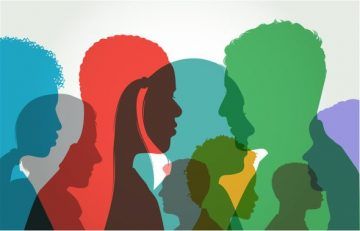Scott Barry Kaufman in Scientific American:
 Quick: Rate how much you agree with each of these items on a scale of 1 (“not me at all”) to 5 (“this is so me”):
Quick: Rate how much you agree with each of these items on a scale of 1 (“not me at all”) to 5 (“this is so me”):
- It is important to me that people who hurt me acknowledge that an injustice has been done to me.
- I think I am much more conscientious and moral in my relations with other people compared to their treatment of me.
- When people who are close to me feel hurt by my actions, it is very important for me to clarify that justice is on my side.
- It is very hard for me to stop thinking about the injustice others have done to me.
If you scored high (4 or 5) on all of these items, you may have what psychologists have identified as a “tendency for interpersonal victimhood.”
Social life is full of ambiguity. Dates don’t always respond to your text messages, friends don’t always smile back at you when you smile at them, and strangers sometimes have upset looks on their faces. The question is: How do you interpret these situations?
More here.
